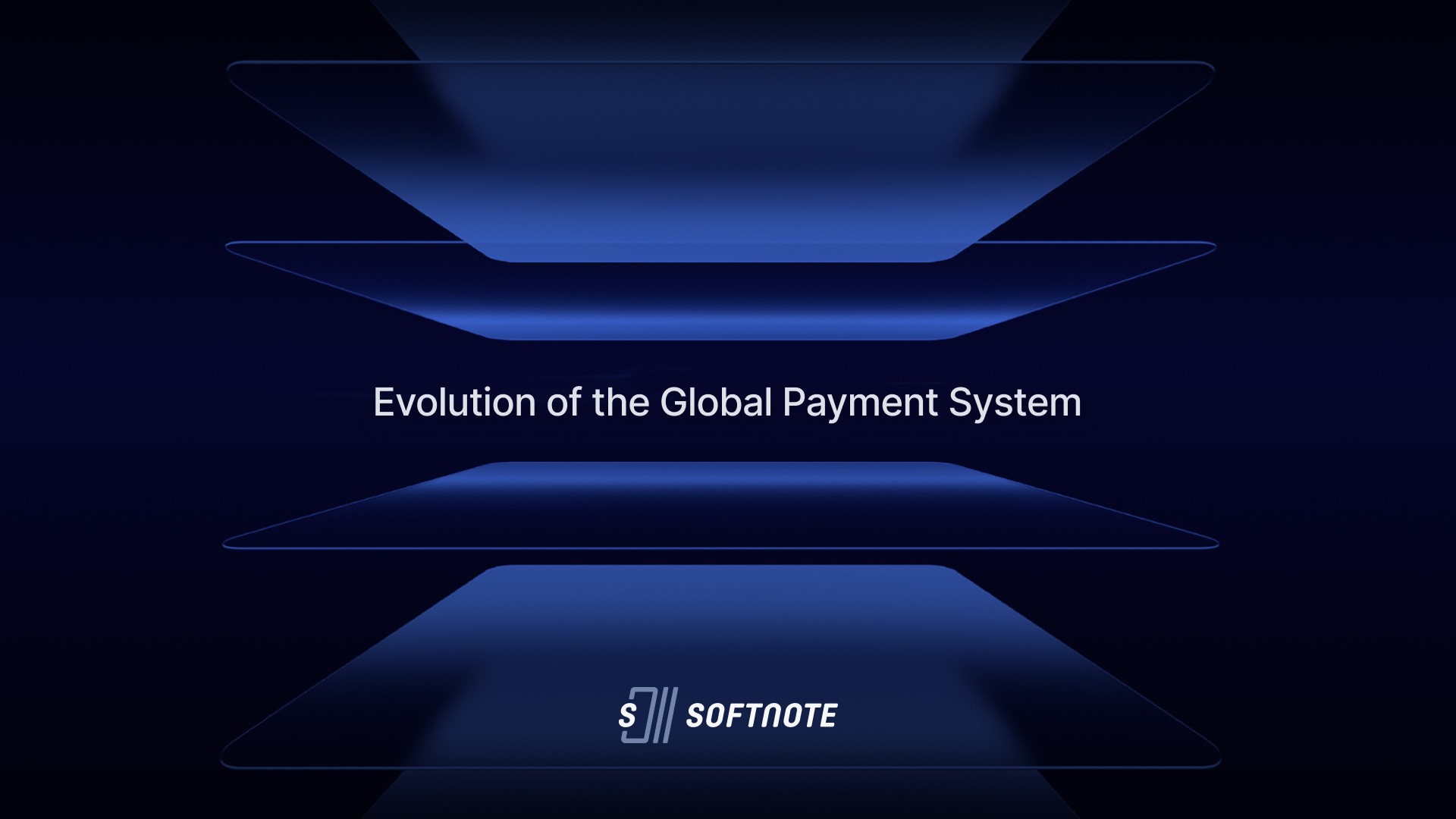To prove this point, this article will compare the SoftNote bills to SWIFT. The aim is to highlight areas of the existing payment solutions that require upgrades
Challenges Facing SWIFT and Other Transaction Systems
At the moment, the Society for Worldwide Interbank Financial Telecommunications is the most recognized form of conducting international transactions. This is a vast payment network that facilitates the transfer of funds. At the time of writing this article, it is the largest and most efficient form of sending and receiving money.
Despite its efficiency and importance, there are still significant drawbacks to this system. These defaults are the reason many people want something better. Meanwhile, these issues are not limited to the SWIFT banking system. It also applies to most traditional money transfer mediums.
Without further ado, here are some of the challenges of facing traditional financial infrastructures:
Limited Adoption and Poor Coverage
The issue of adoption remains the major hindrance of SWIFT. While it has a significant spread, it is only available in 11,000 countries. While this number is impressive, it is nowhere near good enough to be tagged “worldwide coverage.” The reason is that the infrastructure is limited to member states.
Besides the limitation to member states, there are several reasons why more countries are not using this medium of transfer. Regardless of the reason, this system lacks the required spread. How can people use what they do not have access to?
Overly Politicized and Centralized
This probably explains why there has been limited adoption of the Society for Worldwide Interbank Financial Telecommunications. The system is usually used to impose economic sanctions on various states and countries. This is part of the process that “superpower nations” use to keep other countries in check.
While there are valid reasons for some of these sanctions, it does have their drawbacks. Certain governments are unwilling to adopt SWIFT because other governments can decide to cripple their economy over non-compliance. Sometimes, the reason for these bans is more political than moral.
Slow Completion of Transaction
In truth, the traditional banking system is not known for its efficiency. While they often get the job done, they are not known to be very fast about effecting transfers. Unsurprisingly, SWIFT and other traditional means of transaction are no different. It takes between 1-4 working days for people to successfully send and receive money via this network.
Very Expensive Transfer Fees
Like the obstacles listed above are not discouraging enough, people have to navigate the high cost of transactions. People have to pay 3-5% of the amount of money they want to send as a transfer fee. However, even this figure is not set in stone.
This amount can be higher, depending on the banking process or the nation where the transaction is originating from. In addition, the difference in currencies can cause people to spend more than minimum wage in their country to send money abroad.
How SoftNote is Advancing the Global Payment System
SoftNote Bills can make the transaction process seamless and more sophisticated. It has the necessary infrastructure to significantly improve how people send and receive money.
Here are some measures this innovative technology implores to make people transact far better:
Zero Transaction Fees on the SoftNote Payment System
SoftNote bills are minted on the Tectum blockchain. This ensures that people can make payments using these bills for free. However, this cryptographic certificate is not just for buying and selling. People can use them to send and receive money.
They can simply generate a QR code and send it to the person receiving the money. To access the funds stored in the note, the recipient will need a special code from the sender. All these are done at zero charges for transactions.
Send and Receive Money Faster Than Ordering Pizza in New York
As you all know, Tectum is the fastest blockchain and can process up to 1.3 million transactions per second. SoftNote transactions are carried out on this lighting fast network. Unsurprisingly, people who send and receive money through this network will complete their transactions in record time. It is faster to transact sing SoftNote than to order pizza in New York.
Truly Decentralized Global Payment System
Despite the application of off-chain processes, SoftNote does not overlook the principles of cryptocurrencies. In this regard, this system is decentralized and allows everyone across the globe to transfer funds. From the thriving cities of London, New York, Dubai, and Amsterdam to remote villages in the Caribbean, Africa, Asia, and Europe.
SoftNote Bills: The Future of The Global Payment System
SoftNote Bills are definitely the future of digital payments. They are decentralized, fast, simple to use, and do not charge people transfer fees. Unlike crypto payment methods, people do not have to convert them to fiat before usage. Transactions can also be closed off-chain and in places without an internet connection.









